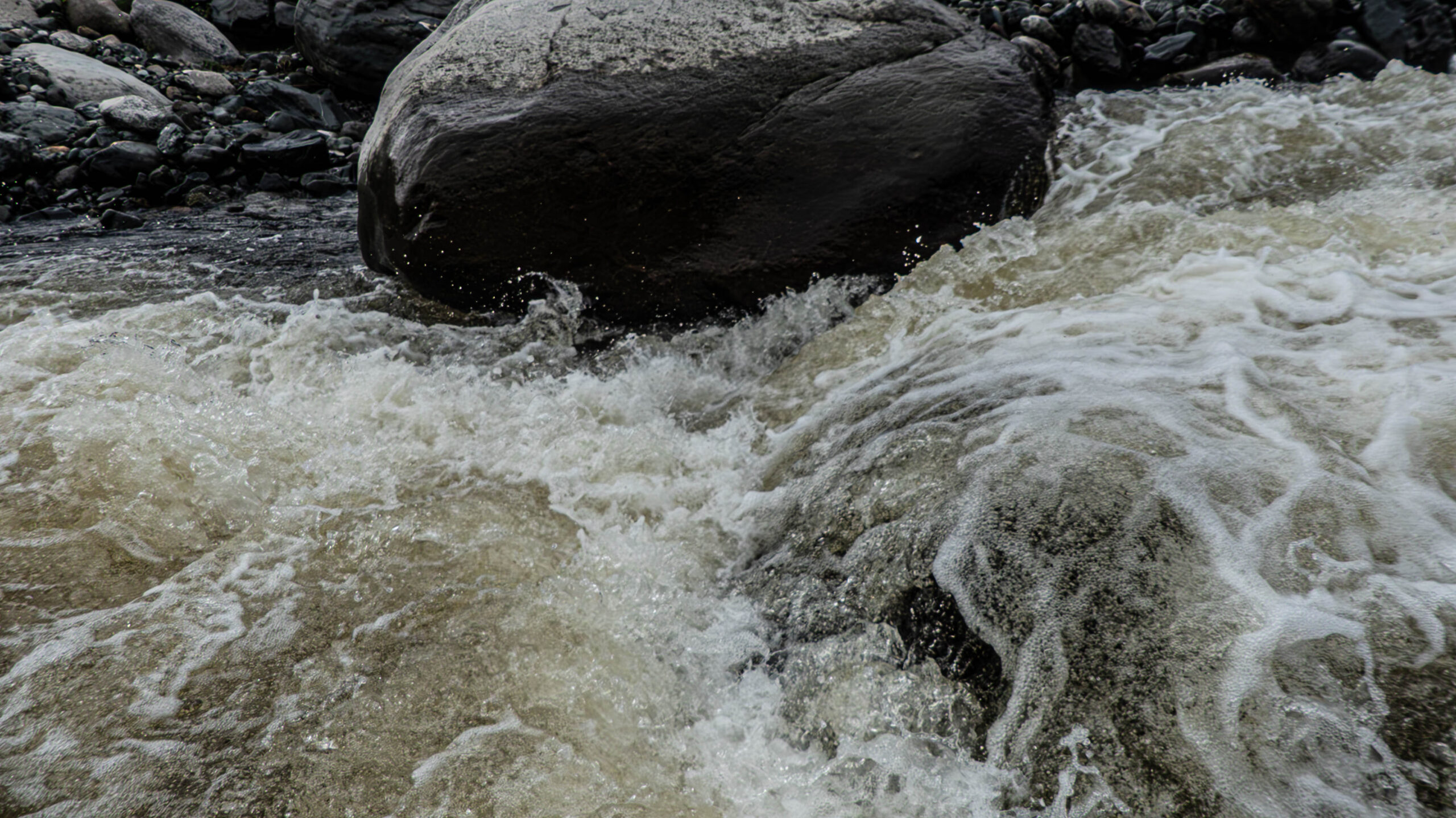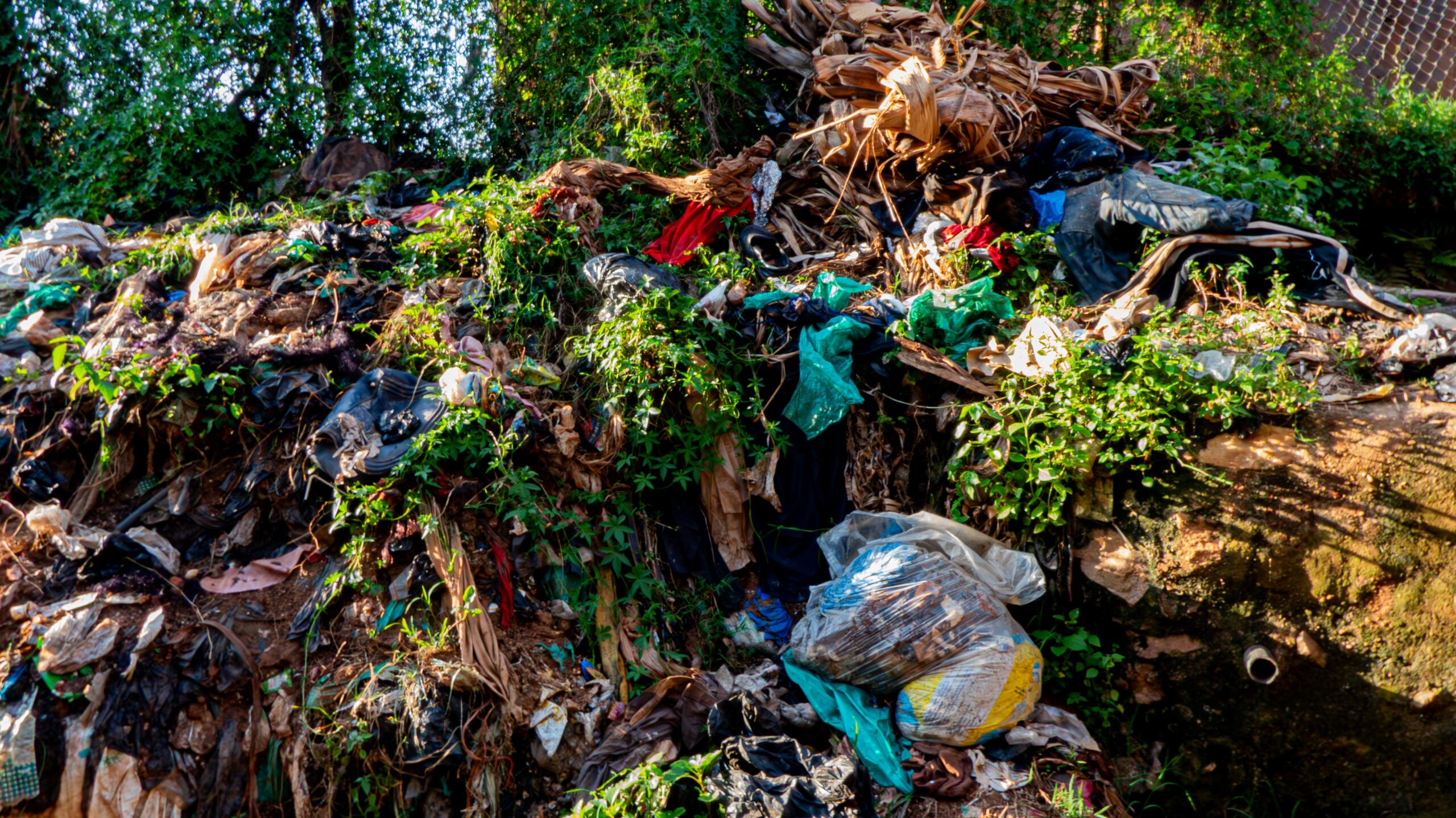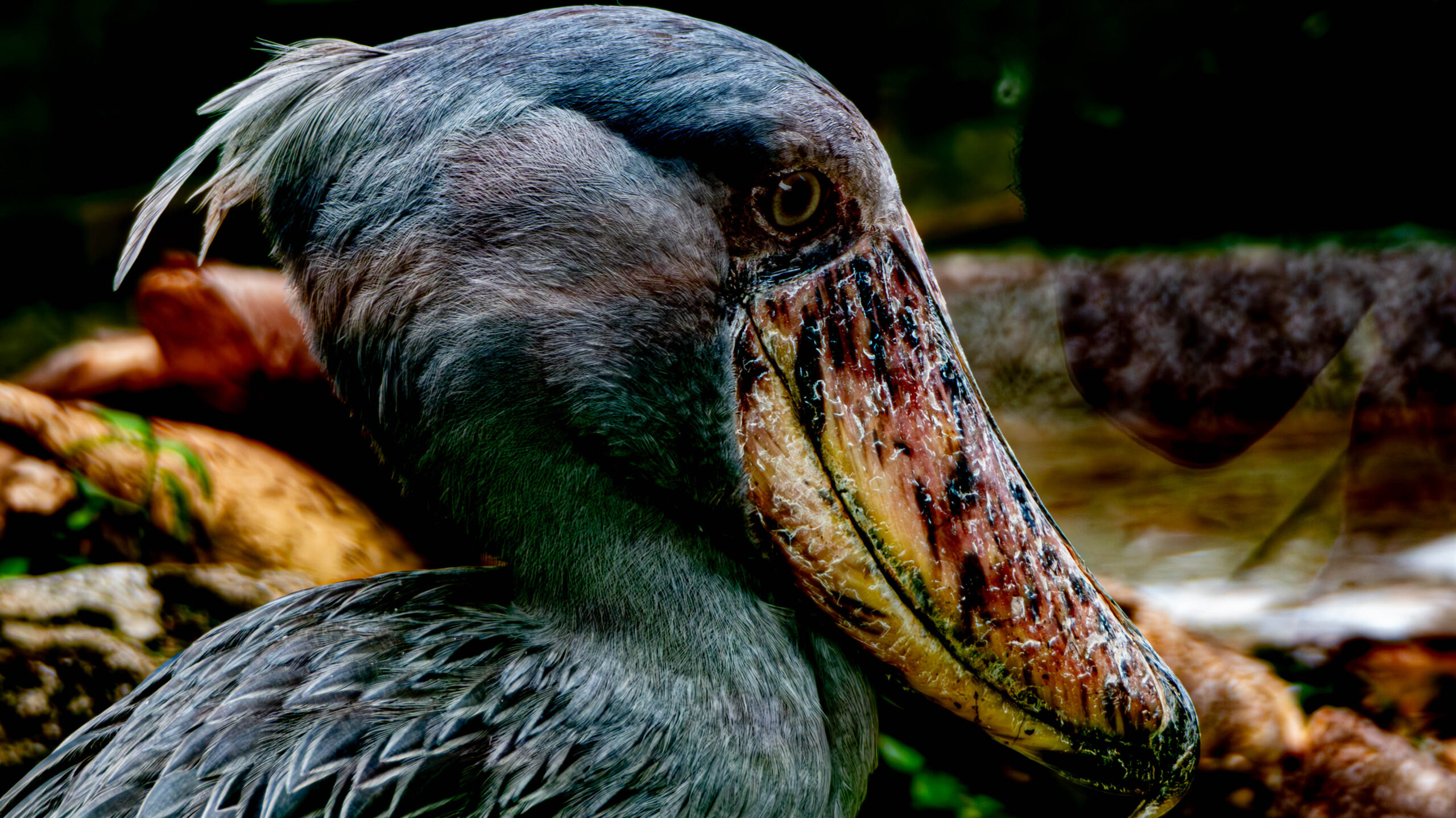Rivers are the lifeblood of ecosystems, carving through landscapes and providing essential resources to both land and aquatic species. In Uganda, rivers like the Nile and its tributaries create thriving habitats for diverse wildlife, contributing to the country’s rich biodiversity. The interaction between fast-flowing water and the surrounding environment creates unique conditions that are essential for the survival of numerous animals.
The river in the image, with its rapid flow and large rocks, likely supports various species of fish, insects, and amphibians. Fish such as Nile tilapia and catfish can be found in Uganda’s freshwater systems, while riverbanks often provide ideal nesting and foraging grounds for birds like kingfishers and herons. Furthermore, animals like otters and crocodiles rely on the presence of these flowing waters for food, shelter, and breeding.
Wildlife Supported by River Ecosystems
Fish: Rivers are home to a variety of fish species, ranging from small fry to larger predatory fish. The swift currents created by rocks, as seen in the image, are ideal habitats for species that thrive in oxygen-rich water, such as cichlids and tiger fish.
Birds: Rivers attract an array of birdlife, with species such as African fish eagles, pied kingfishers, and herons making these habitats their primary hunting grounds. The abundance of fish and insects in and around the water ensures a steady food source for these birds.

Amphibians and Reptiles: Frogs, toads, and even crocodiles depend on the steady flow of rivers. Amphibians lay their eggs in calm, shallow sections, while crocodiles, particularly the Nile crocodile, can be seen basking on riverbanks or gliding silently through the water.
Mammals: Larger mammals such as elephants and hippos frequent river systems. Hippos, in particular, spend much of their time submerged in water, using the cool environment of rivers to regulate their body temperature and as a safe refuge from predators.
Rivers and the Ecosystem
The rocks in this river channel play a vital role in shaping the ecosystem. They help to oxygenate the water, creating ideal conditions for fish and aquatic plants. In addition, the flow of water around the rocks forms microhabitats where insects and invertebrates can shelter, providing food for larger species such as fish and birds.
Rivers are essential in maintaining the balance of ecosystems, as they act as arteries of life, carrying nutrients and providing water to plants, animals, and even humans. In Uganda, river systems support not only wildlife but also agriculture, tourism, and fishing industries, making their preservation critical for both nature and local communities.
Conservation of River Habitats
Despite their importance, river ecosystems face numerous threats, including pollution, deforestation, and habitat destruction. Protecting these water sources ensures that the diverse range of animals that depend on them continues to thrive. Conservation efforts in Uganda, such as sustainable fishing practices, habitat restoration, and the protection of riverbanks, are key to maintaining the delicate balance of life supported by these vital waterways.



